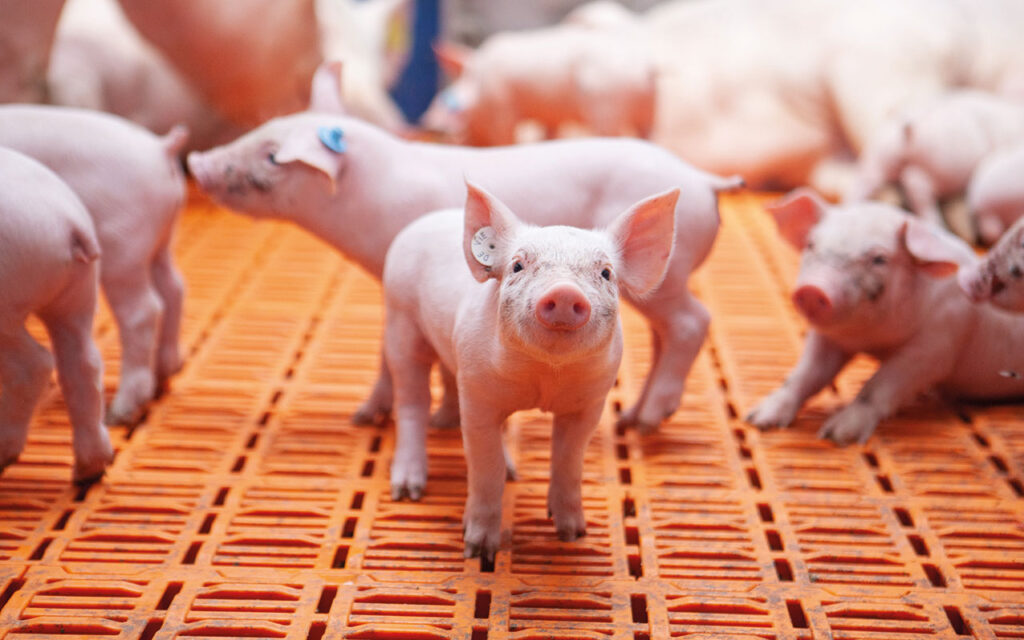Pig producers are being urged to complete a short survey aimed at understanding how the ban on therapeutic zinc oxide (ZnO) is affecting piglet health and performance across the UK.
The industry-wide survey, run by Roam Technology — a global, science-driven specialist in hygiene, disinfection, and performance solutions — takes just five minutes to complete. It focuses on the practical, on-farm consequences of removing ZnO, particularly around post-weaning diarrhoea (PWD), and seeks to gather insight on how farmers are adapting their management and biosecurity practices.
- You can complete the survey, which is open until June 13, here: https://www.surveymonkey.com/r/Q3X3W6K
All responses will remain anonymous. Farmers have the option to provide their contact details if they wish to be entered into a prize draw to win a £100 gift voucher of their choice.
Nigel Bennet, Livestock Area Manager for Northern Europe at Roam Technology, said the effects of the ban are becoming increasingly apparent.
“Zinc oxide almost acted like a sticky plaster — masking underlying problems in piglet health. Now that it’s been removed, we’re seeing a rise in challenges, especially around PWD, which can impact growth rates, welfare, and farm economics,” he said.
“Producers are doing their best to adapt, but the loss of ZnO has left a significant gap. We’re hearing from farmers who are struggling to maintain consistency in piglet performance, despite trying a range of nutritional and hygiene-based solutions.
“What we’re finding is that tackling PWD now requires a much more holistic approach. Hygiene is absolutely critical — right through from farrowing into weaning accommodation. Clean pens, effective disinfection protocols, and reducing pathogen load in the environment can make a big difference.
“Equally important is the health and nutrition of the sow. If piglets don’t get off to a strong start, their resilience at weaning is compromised. Ensuring sows are well managed and piglets receive enough high-quality colostrum can help build that essential early immunity.
“This is why it’s so important we gather a broad picture of what’s happening on farm. The more insight we have, the better we can support the industry in developing targeted, sustainable approaches to piglet health — whether that’s improving biosecurity, optimising housing, or enhancing gut health through other means.”




